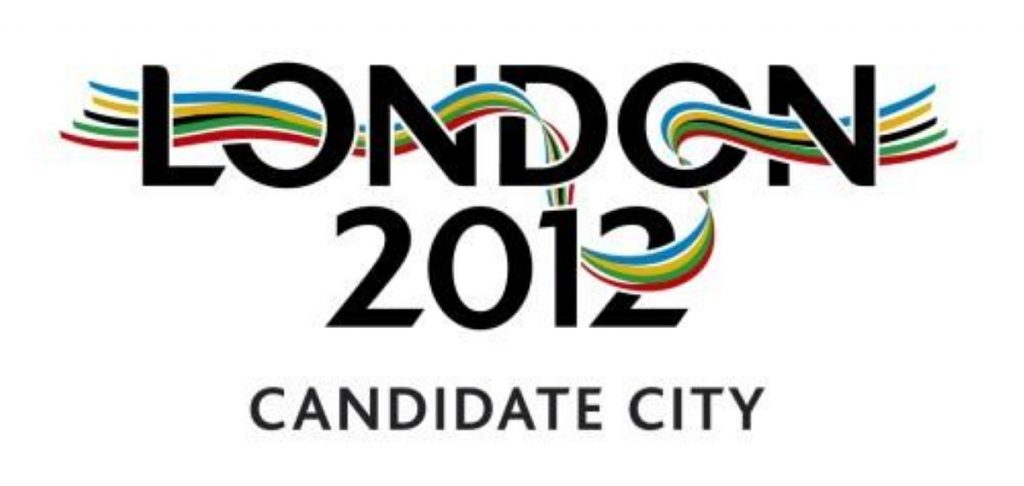UK Sport ‘must justify £600m investment’
body responsible for funding Britain’s top athletes must prove that the £600 million it has to spend ahead of the London Olympics will be well spent, MPs have warned.
In a new report, the public accounts committee says UK Sport must make clearer what it expects to achieve in the 2012 games if this funding is to be justified.
Although team GB met its target of coming tenth in the 2004 Athens Olympics, the paralympic team missed its target and ten sports failed to win a single medal.
However, UK Sport insisted it had already taken action to improve the assessment of progress and had introduced a “no compromise” approach which meant funds were targeted at the athletes and sports most likely to deliver medals.


UK Sport uses National Lottery money to fund elite athletes competing at the highest levels of sport for the UK or Great Britain, distributing it through its world class performance programme, to national sports bodies and to individual athletes.
In the run up to the Athens Olympics, it awarded £83.5 million for 17 summer Olympic and 15 paralympic sports, and to date has awarded £98 million in preparation for the 2008 Beijing games.
But today the committee warns UK Sport must set targets for how many medals it hopes to achieve in the London 2012 games, and also come up with new performance measures to see how athletes are improving in world rankings.
In addition, it notes the organisation will have to draw on specialist help to reach its target of securing £100 million of sponsorship for the London games, saying the fact that it generates no sponsorship at the moment means meeting the goal will be “challenging”.
“With a funding package of £600 million having been announced by the government to support elite athletes in the run-up to the London games in 2012, UK Sport must demonstrate much more clearly that its spending of public money is being used to best effect,” said committee chairman Edward Leigh.
“Goals must be clearer, methods of assessing progress better and the reporting of British athletes’ performance far more reliable.”
John Steele, chief executive of UK Sport, welcomed the committee’s recommendations, and admitted that it had “learned many lessons” from its investment in athletes for the Athens Olympics, not least that resources must be targeted at the highest achievers.
“This ‘no compromise’ approach, coupled with the introduction of strict funding triggers that monitor a sport’s performance and governance, will ensure that we meet the committee’s desire for closer control and accountability for our investment in sport,” he said.












